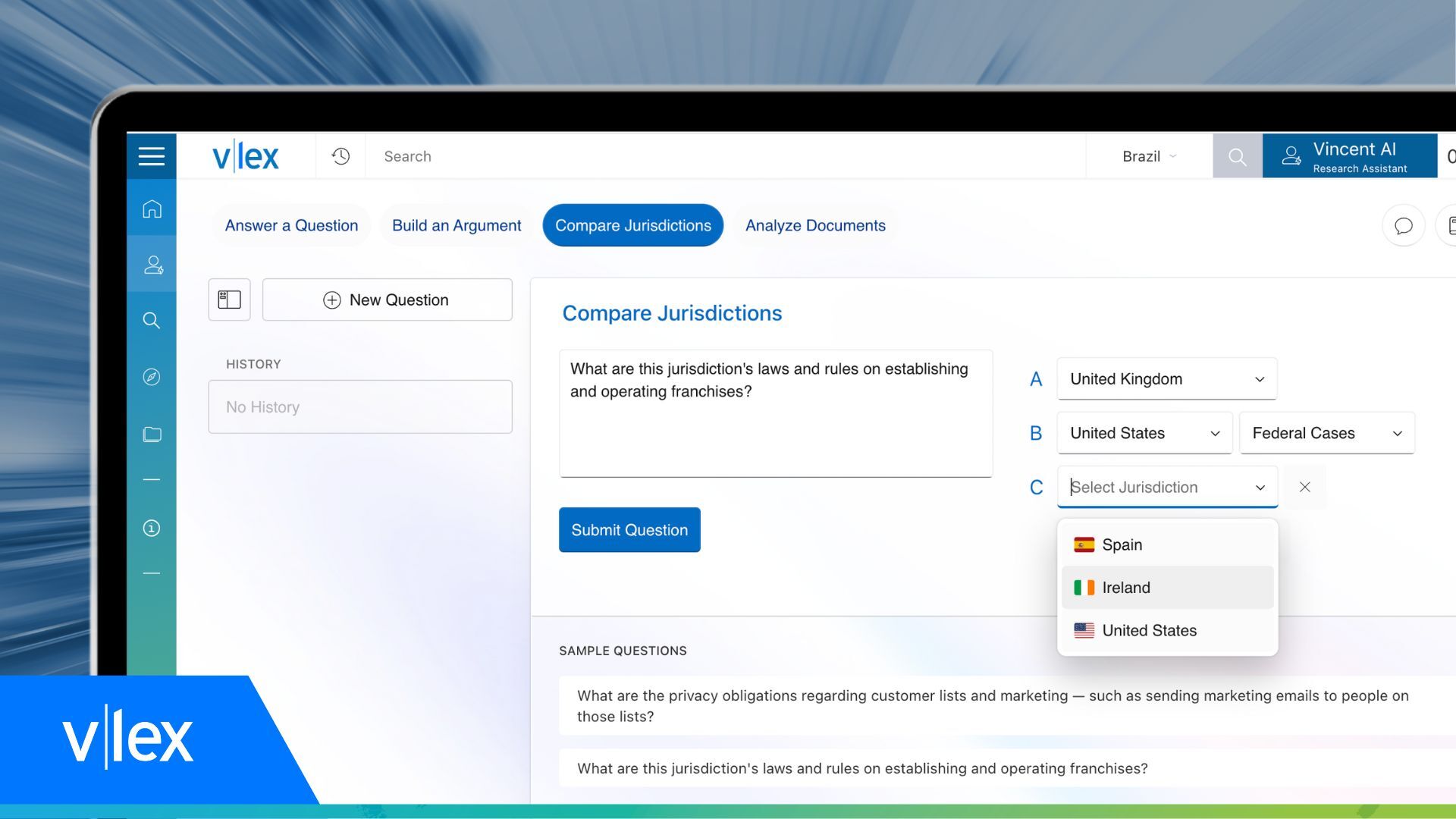Obama Issues Signing Statement Objecting to Parts of Spending Bill
President Obama has criticized his predecessor’s use of signing statements vowing to ignore parts of laws, but now he has issued one of his own.
Obama says he considered several provisions in the spending bill he signed yesterday to be unconstitutional and nonbinding, report the New York Times and the Wall Street Journal (sub. req.).
Obama sought to distinguish his use of signing statements from the practices of President Bush, the Boston Globe reports. Obama said he would use signing statements only to raise constitutional objections to legislation, rather than to make policy objections as Bush had done.
The ABA adopted a policy in August 2006 objecting to “misuse” of signing statements. ABA President H. Thomas Wells Jr. had this advice for the new president in a November 2008 column of the ABA Journal: “If you believe that any provision of a bill pending before Congress would be unconstitutional if enacted, you should communicate those concerns to Congress before passage and use your veto power if you conclude that all or part of a bill is unconstitutional.”
Most of the challenged provisions in the spending bill bar money from being reallocated to different programs without approval of a congressional committee, the Times says. The newspaper also identifies these provisions as among those Obama vowed to ignore:
• A ban on placing U.S. troops under foreign commanders in United Nations peacekeeping missions, unless Obama’s military advisers recommend it. Obama said the measure intruded on his authority as commander in chief.
• Creation of whistle-blower protections for federal employees who give information to Congress. Obama said the provision should not detract from his authority to supervise employees who reveal information that is unlawful to reveal, properly privileged or otherwise confidential.



